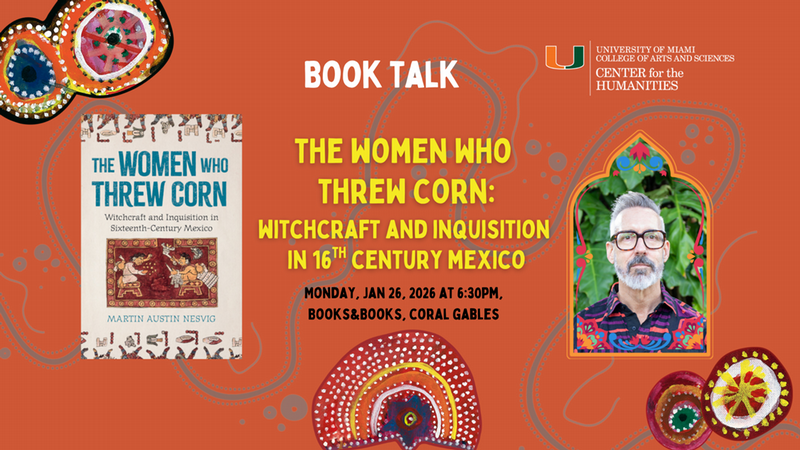
To register and learn more about the program, please click the image above.
Monday, December 8 @ 6:30pm
Book Talk @ Books & Books, Coral Gables
The Anti-Enlightenment in Popular Culture: Greed, Hate, Stars, and Star Trek
Join us at Books & Books in Coral Gables for a Book Talk with George Gonzalez!
The Center for the Humanities invites you to an upcoming Book Talk at Books & Books in Coral Gables with George Gonzalez, Professor of Political Science.
In The Anti-Enlightenment in Popular Culture, author George A. Gonzalez argues that the politics of greed and hate lie at the center of the long twentieth century. Using the Star Wars and Star Trek franchises, he postulates that within the Anti-Enlightenment mode of thought, history is a cycle between the stability imposed by elites and the instability created by capitalism and an economy founded on greed. Greed corrupts institutions and victimizes people as well as communities, creating hate, anger, and political instability. In contexts of such instability, elites seeking to maintain or establish political stability direct hate at the ‘other’.
This compelling book will appeal to students and researchers in political theory, global politics, and media studies, as well as general readers interested in how popular culture reflects the politics of our times.
 George Gonzalez is Professor of the Political Science Department at the University of Miami. He has been at the University of Miami since 1999. Prof. Gonzalez's area of research specialization is U.S. environmental politics and policy (e.g., energy, pollution, global warming). His books include: Energy and Empire: The Politics of Nuclear and Solar Power in the United States (2012, State University of New York Press); Energy and the Politics of the North Atlantic (2013, State University of New York Press); American Empire and the Canadian Oil Sands (2016, Palgrave MacMillan); as well as Energy, the Modern State, and the American World System (2018, State University of New York Press). Prof. Gonzalez has published research articles in Polity (the journal of the Northeastern Political Science Association). He has also published research articles in the journal of Environmental Politics, and in Capitalism Nature Socialism. In addition, Prof. Gonzalez has published original research in the journals of Studies in American Political Development, and Public Integrity.
George Gonzalez is Professor of the Political Science Department at the University of Miami. He has been at the University of Miami since 1999. Prof. Gonzalez's area of research specialization is U.S. environmental politics and policy (e.g., energy, pollution, global warming). His books include: Energy and Empire: The Politics of Nuclear and Solar Power in the United States (2012, State University of New York Press); Energy and the Politics of the North Atlantic (2013, State University of New York Press); American Empire and the Canadian Oil Sands (2016, Palgrave MacMillan); as well as Energy, the Modern State, and the American World System (2018, State University of New York Press). Prof. Gonzalez has published research articles in Polity (the journal of the Northeastern Political Science Association). He has also published research articles in the journal of Environmental Politics, and in Capitalism Nature Socialism. In addition, Prof. Gonzalez has published original research in the journals of Studies in American Political Development, and Public Integrity.
Prof. Gonzalez has of late embarked on a research agenda in the field of political theory and popular culture. In this area of study he has published articles in the journal Foundation: The International Review of Science Fiction, as well as the books The Politics of Star Trek: Justice, War, and the Future (2015, Palgrave MacMillan); The Absolute and Star Trek (2017, Palgrave MacMillan); and Star Trek and the Politics of Globalism (2018, Palgrave MacMillan). Through the vehicle of the broadcast iterations of the Star Trek franchise, Prof. Gonzalez comments on metaphysics; international relations; justice; pragmatism; ethics; and the American left.



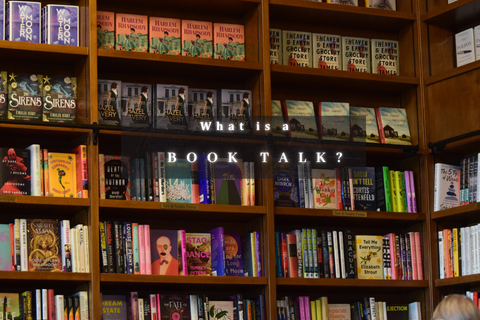


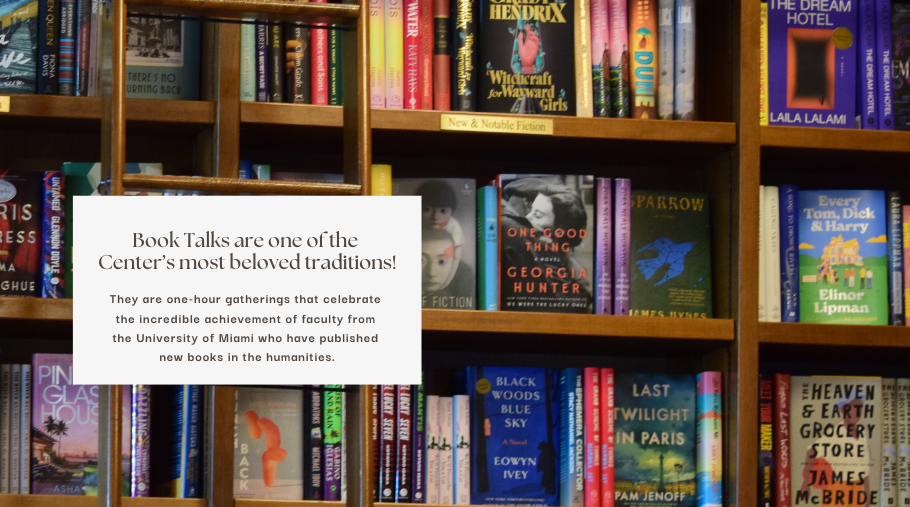


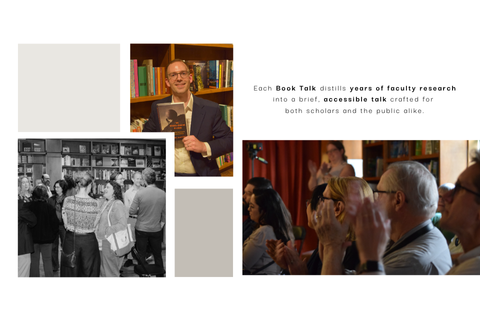









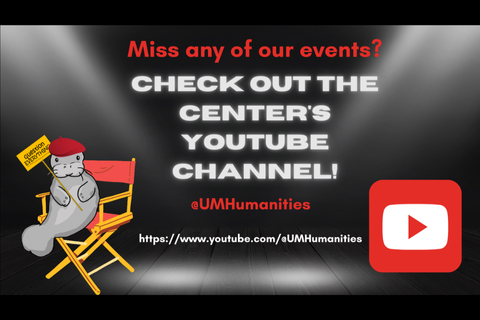

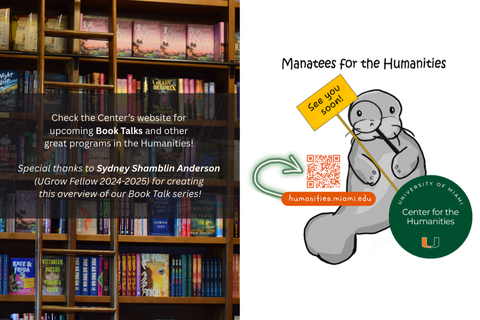

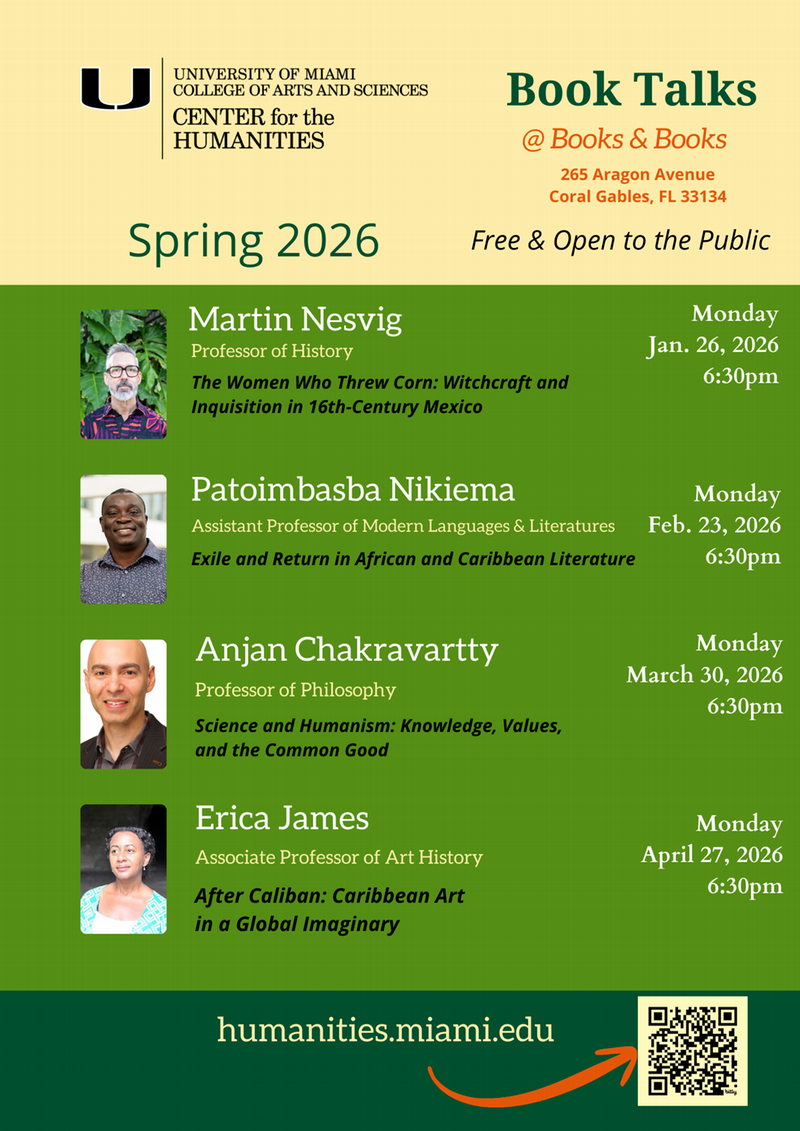
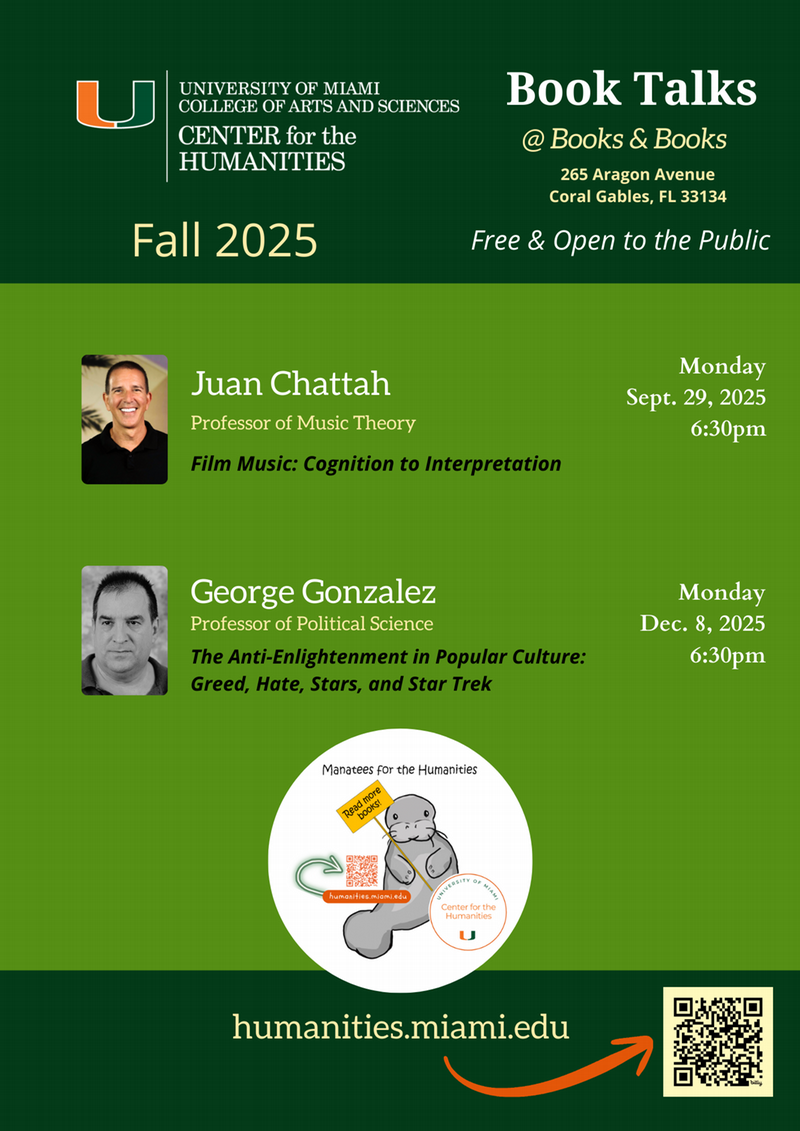

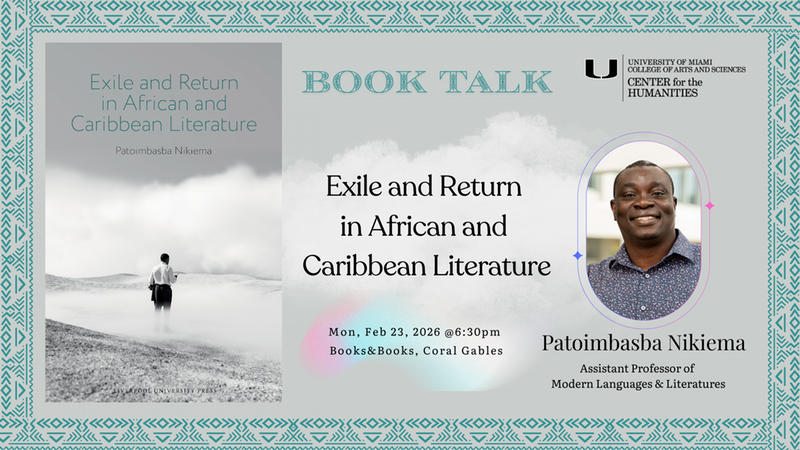



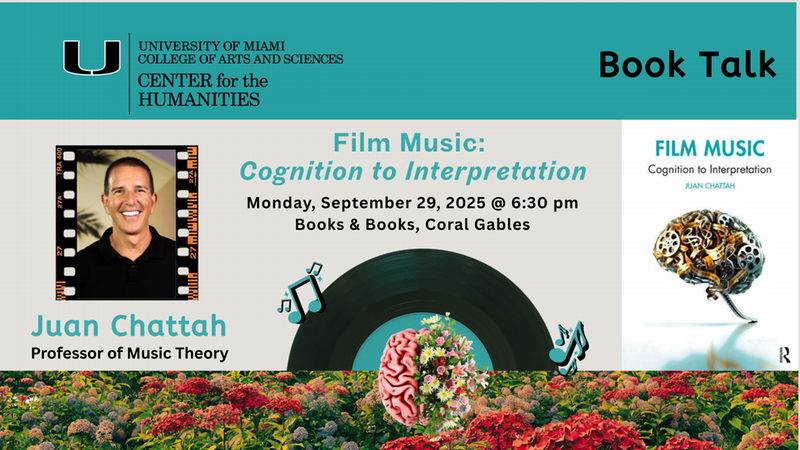


 George Gonzalez
George Gonzalez